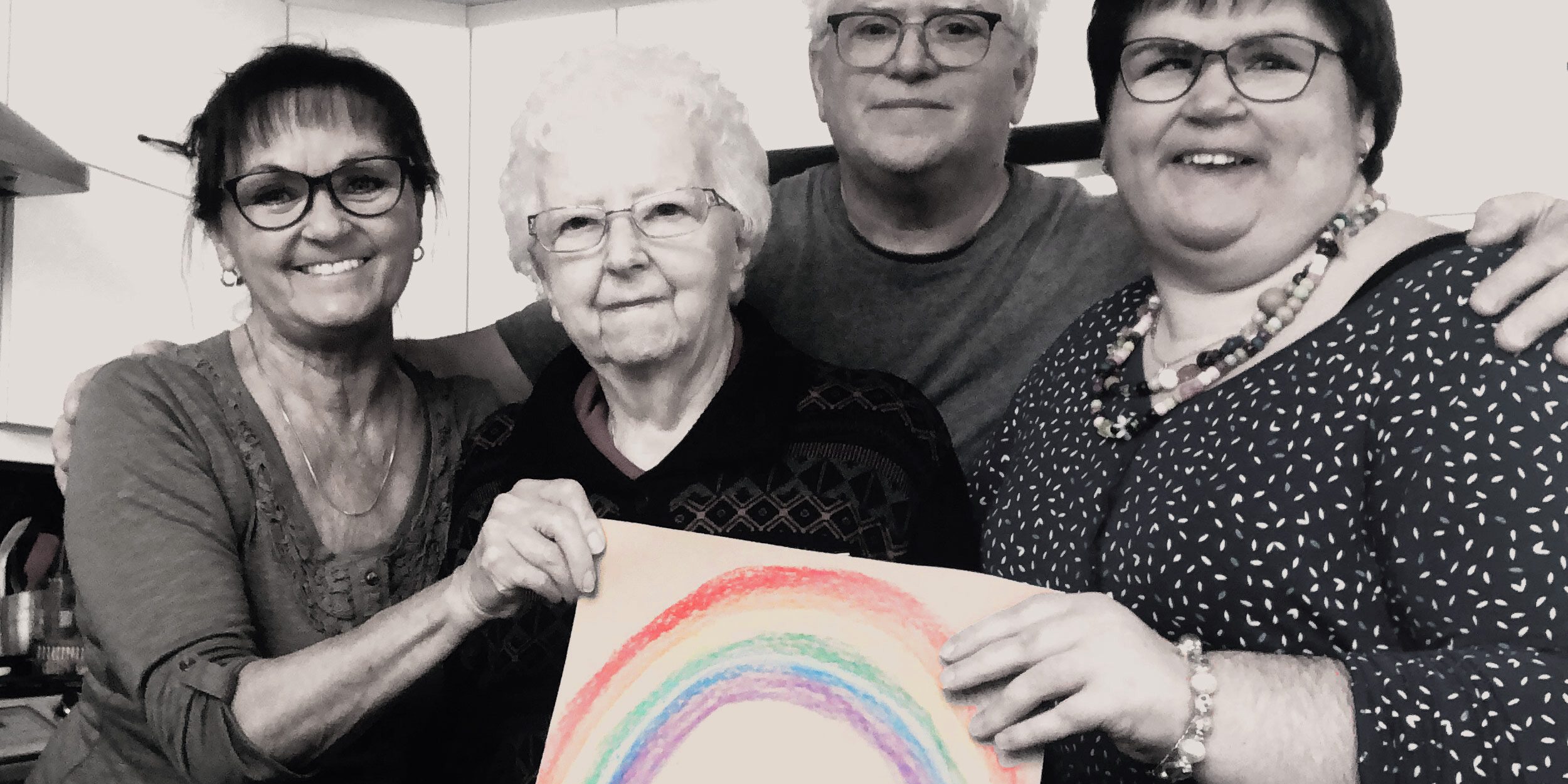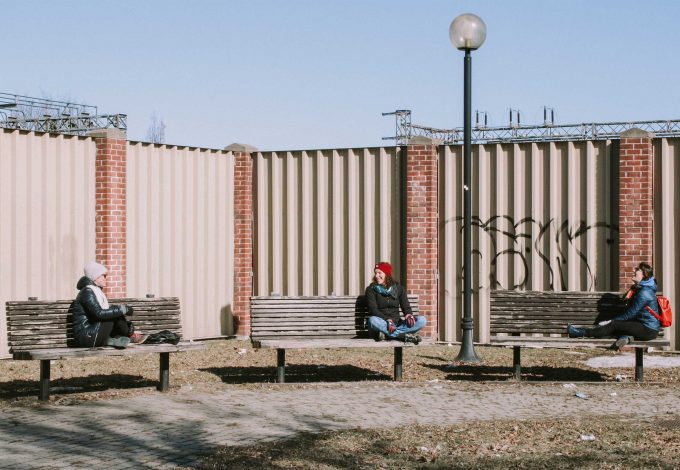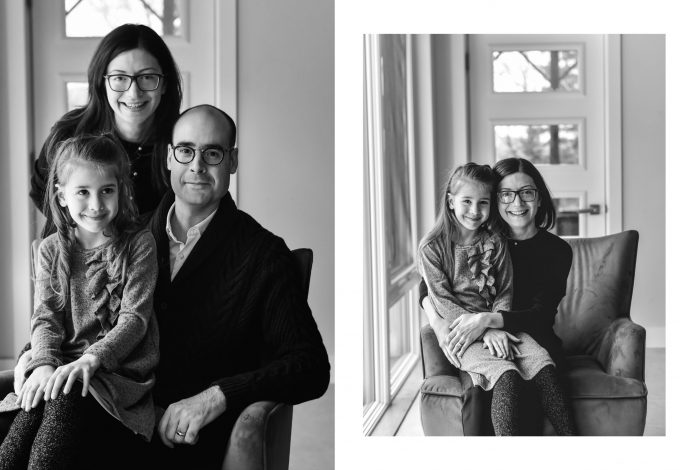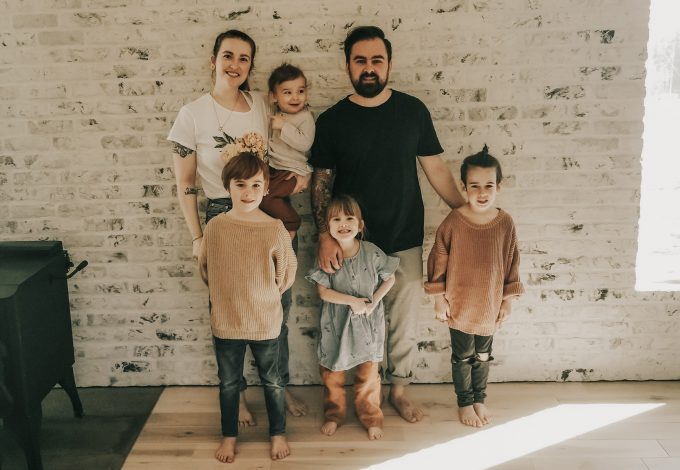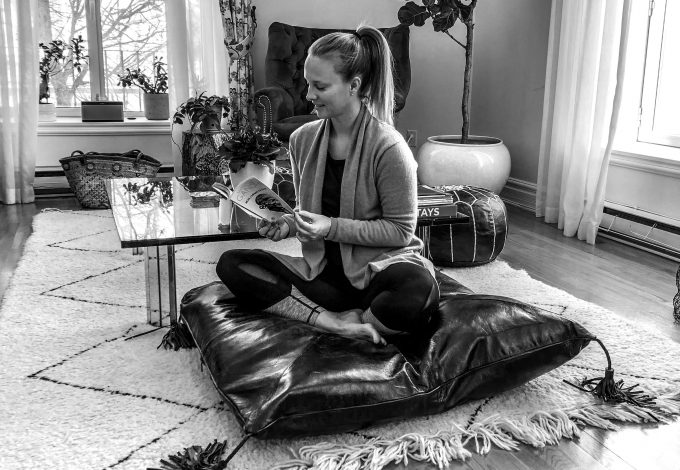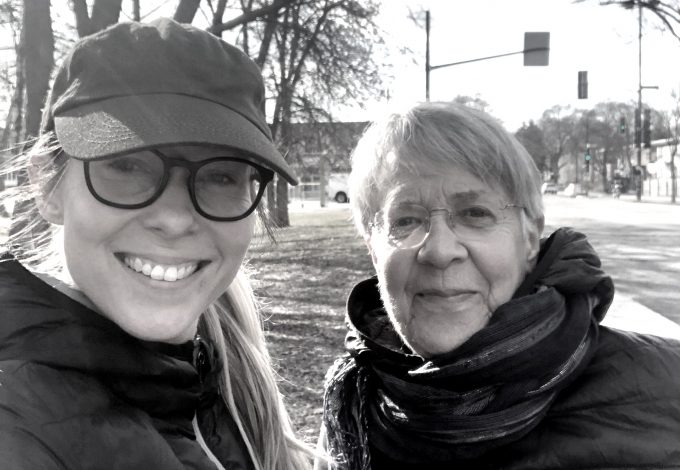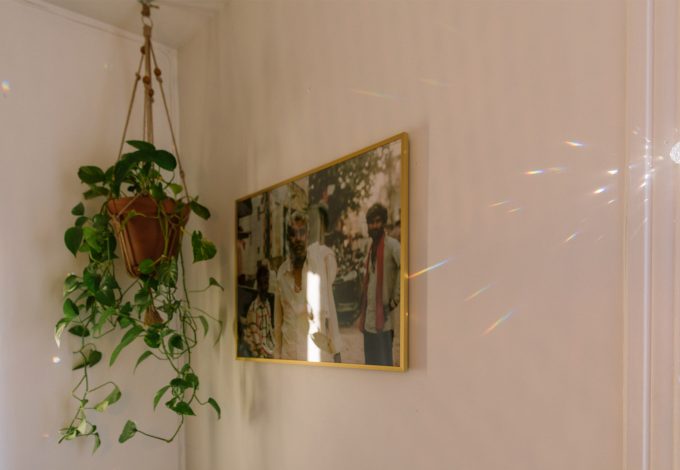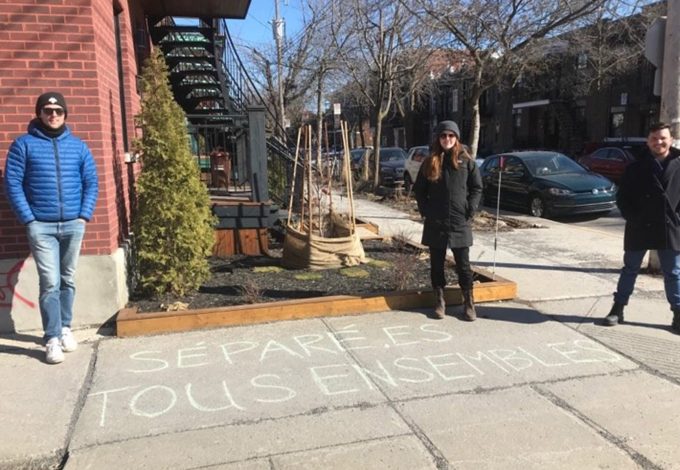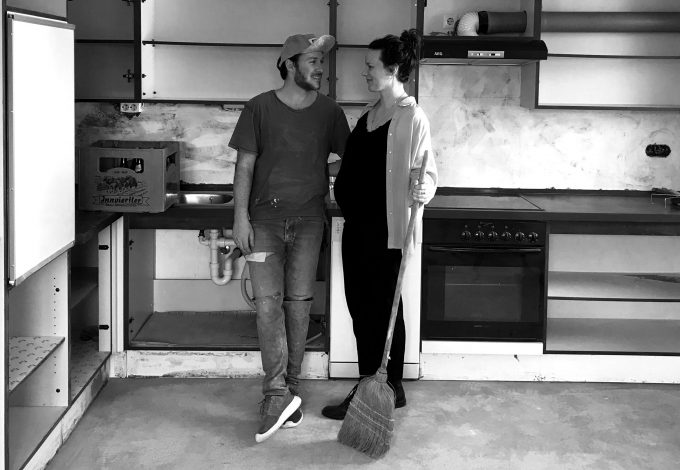GUIDED BY LOVE
Jacqueline is a caregiver for her daughter Véronique, 30, who has Angelman syndrome, and for her mother, Madeleine, 95. All three women and Jacqueline’s husband currently live under the same roof. As Strøm supports the cause of caregivers, we wanted to discuss her new reality with her. What does being a caregiver looks like in the era of COVID-19?
When Quebec was placed in confinement, my first reaction was to congratulate myself for having taken my mother out of the seniors’ residence where she was living earlier than expected, on February 15. I acted just in time. When she lived there, I used to visit her every day to offer my help. With the current restrictions, I would not have been able to provide her with the care she needed. Living under the same roof is the best way to get through this era of change.
Being now four living in the same house, we inevitably go through ups and downs. While Véronique’s activities are cancelled, day camp, bowling, dances, etc., and some services offered by the CLSC for my mother are put on hold, including baths and the visits from a nurse, I thus have much less respite. Because Véronique’s disability includes an intellectual disability, she doesn’t understand what’s going on. She doesn’t speak. She was used to her routine and we had a monthly calendar with pictograms every day showing the scheduled activities. All of a sudden, I had to remove all the pictograms. Living together also brings its own challenges. Psychologically, it’s also difficult. We don’t have anyone to rely on to accompany us anymore. I’m now a caregiver 24/7. My husband works in agriculture, but now he can work from home because we live we two people at risk. Our routine is changing and we have to adapt. Personally, I’m adapting quite well. For Véronique, it’s harder: every time she faces change, the imbalance results in incontinence and mood swings. That said, she’s still an angel.
We let ourselves be carried along by the wave and try to keep our heads above water. We stay the course and breathe despite the bad weather. We hold on to what soothes the soul. I consider myself blessed to have a home in the country. I enjoy the environment I am in, nature, flowers. I escape into gardening!
My daughter’s disability makes her incredibly sweet. Daily life with my mother is also a charm. The main challenge is to remain patient and to revisit my relationship with time. Many people tell me that I am courageous. It’s not courage, it’s love! It’s family! But dedication doesn’t mean I’m not looking forward to a little massage. This crisis makes me realize that I should take better care of myself. In January, I made a resolution to take one weekend a month for myself… This lasted 2 months. We will get back on track when “normal” life resumes!
This crisis is a message. It makes us aware of the importance of the people around us, of family ties. I can’t wait to see my grandchildren! They’re growing up fast, and I can’t hold them close to me and snuggle with them. It’s a good thing FaceTime exists! I see a lot of people around me doing introspection about family life. It’s a great time to learn how to live again. I also consider myself privileged to live in an extraordinary environment. We are in the country on the banks of a river that is always in motion. We are so fortunate…
I choose to be hopeful, to look on the bright side, to trust in life. Do we really need to physically go to work every day and face the traffic? Could we do some of the work at home so that we can enjoy more time with our families? These are a number of questions we need to ask ourselves. I believe that this will restructure our pace of life, change ways of doing things and change priorities for the better. Some good will come out of this crisis and will remain. I believe we will know a better world.
P.S. – Thank you for giving me the chance to reflect on this subject. It has even allowed me to think about another approach to adopt with Véronique in this time of crisis. I will create a calendar with pictograms adapted to the situation. This will allow her to continue to function according to a schedule that is reassuring to her, will keep her awake and active, and will surely facilitate the return to a “normal” life in a few weeks. Thank you!




